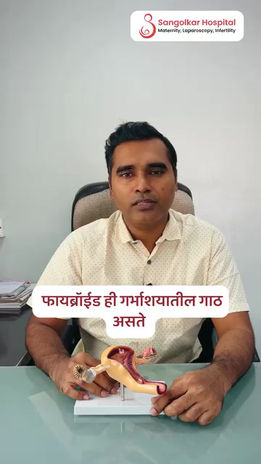
Fibroids

What are Fibroids?
Fibroids, also called uterine fibroids or leiomyomas, are noncancerous growths of the uterus that often appear during a woman’s reproductive years. They are made up of muscle and fibrous tissue and can vary greatly in size—from tiny, undetectable nodules to large masses that can distort the uterus. While not life-threatening, fibroids can cause discomfort and may interfere with fertility or pregnancy in some women.
Common Symptoms
-
Heavy or prolonged menstrual bleeding
-
Pelvic pain or pressure
-
Frequent urination
-
Difficulty emptying the bladder
-
Constipation
-
Backache or leg pain
-
In some cases: infertility or pregnancy complications
What are the Treatments for Fibroids?
Lifestyle & Medications: Pain relievers, hormonal therapies to manage symptoms.
Minimally Invasive Procedures: Uterine artery embolization, MRI-guided focused ultrasound.
Surgical Options: Myomectomy (removal of fibroids), Hysterectomy (removal of uterus in severe cases).
Monitoring: If fibroids are small and not causing issues, doctors may recommend regular check-ups without treatment.







